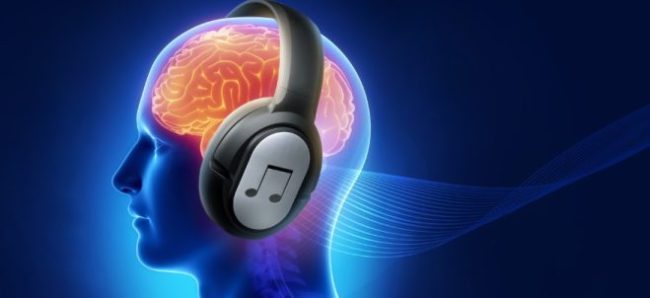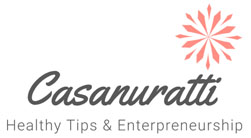
Listening to music can be therapy for your soul, science says. It may surprise you, but you will be surprised at how this daily activity can significantly make you happier and even more productive. In Tubidy, you can find many songs from various genres.
Listening to music is one of the most favorite activities for youngsters. By listening to music, people can express their feelings, comfort their selves, and even build a mood for working. In some cases, listening to music can boost your mood to be happier even when you feel down.
So, what might be the benefits of listening to music? Let’s unveil them with us!
Unveiling the Benefits of Listening to Your Favorite Music
Music influences our feelings and thoughts, and by that influence, our behavior also gets affected, too. You can experience how you feel more pumped up when you listen to an upbeat song. Another case is when you get relaxed when listening to a calming song.
It gives you many benefits more than keeping your mood good, but also makes you feel more motivated. Here are some things you’ll experience when listening to music:
1. Reducing your stress
There are studies about how music can help you reduce your stress. Some people also use music as their coping mechanism. It releases stress, manages one’s feelings, and soothes your mind.
It is proven in a 2013 study which showed how listening to music helps people to recover from stress quicker.
Read also : Trading for Living: A Simple Approach
2. Improving Cognitive Performance
When you listen to good music, you will perform better in what you do. Listening to music while you’re working or focusing on a task is recommended as it will help you to process the task faster and more efficiently.
When doing a task, you can put background music to keep you motivated. Remember, always choose simple, soothing music over a more complicated one. Make sure your music doesn’t distract you.
3. Helps Reduce Appetite
Surprising, isn’t it? A recent study found that eating your meal with dimmed light and music played in the background is good to reduce your appetite. It creates a more relaxed nuance and will make you eat more mindfully.
Music brings a more relaxing atmosphere when you eat, which leads to better hunger management. It affects your mind and you can deal with what you eat.
4. Helps Manage Pain
Just like how music affects your stress, it also makes you more relaxed when dealing with pain. There is a study that shows how fibromyalgia patients endured pain better when they listen to music.
It shows a significant difference to the patients who don’t listen to music. It also gives better anxiety management to the patients, which also improves their condition a lot.
5. Improves Memory
Studying while listening to music is recommended for students, as music will help you to remember better. Thus, you can put your favorite song when you’re studying. Choose a simple song or instrumental music which helps you be more focused on what you’re studying.
Listening to music is a proven method to be more focused and mindful when doing anything in your life. Find your favorite music in Tubidy!
6. Gives you Better Sleep
If you’re battling insomnia, you can listen to music before sleeping. Try to listen to classical music before going to bed to soothe your mind. You can also listen to an audiobook if you like.
Listening to soothing music will make your mind more relaxed. It means you will sleep easier!
7. Improves Your Mood
Are you feeling down? Need more motivation? Go listen to an upbeat song to keep your mood stable. As music enters your soul, you’ll become more motivated and happier!
It also works when you’re sad and you need to get soothed. Listen to a comforting song to manage your feelings. This way, you can boost your mood and you will pour all your feelings.
8. Improves Motivation
Similar to the previous point, music will boost your mood and make you more motivated. This benefit is a great thing for athletes, students, and employees. Keep your comfort song in your playlist and you can listen to them when you need.
9. Improves Your Endurance
If you’re an athlete, you can get the benefit of having better endurance during your exercise session. Just as it helps you relax and be motivated, music will also help you improve your endurance during exercise.
The Best Place to Get the Best Music
All those benefits are improving both your physical and mental health. By listening to a good song, you can be the best version of yourself. It can also be your therapy to find peace. Looking for a trusted place to download your music? Go download it from Tubidy to find thousands of good songs! Let good music be a part of your days!











 For those of you who dominantly use the right body to move, sleeping on your right side can rest your left brain. When in school, of course, you have learned about the anatomy of the human body. The human brain divided into 2 parts, right and left. The left side of the brain is the source of your right nerve drive. Generally, the majority use the right side of the body as the most dominant part of doing daily activities (eating, drinking, holding things).
For those of you who dominantly use the right body to move, sleeping on your right side can rest your left brain. When in school, of course, you have learned about the anatomy of the human body. The human brain divided into 2 parts, right and left. The left side of the brain is the source of your right nerve drive. Generally, the majority use the right side of the body as the most dominant part of doing daily activities (eating, drinking, holding things).